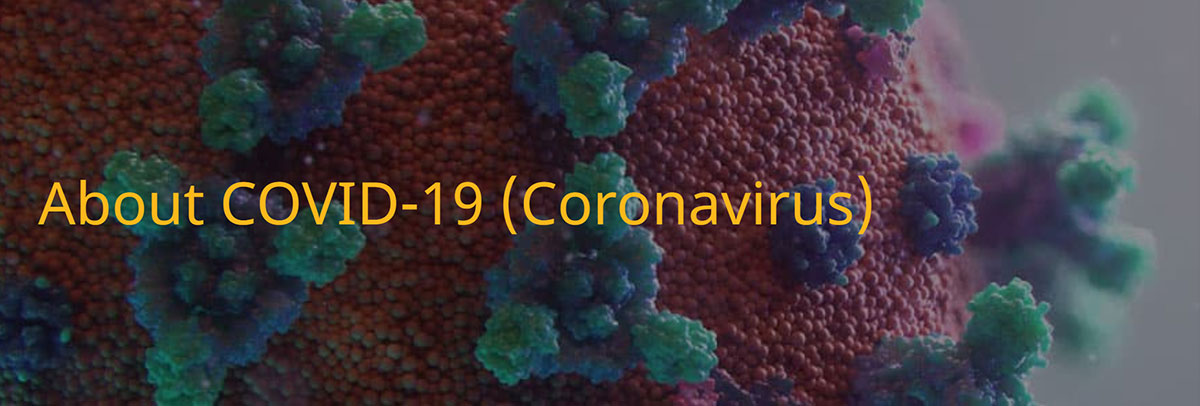
Human Coronaviruses are common throughout the world. There are many different coronaviruses identified in animals but only a small number of these can cause disease in humans.
On 7 January 2020, ‘Severe Acute Respiratory Syndrome Coronavirus 2’ (SARS-CoV-2) was confirmed as the causative agent of ‘Coronavirus Disease 2019’ or COVID-19.
Currently, there is ongoing sustained transmission of COVID-19 is a risk of infection.
Furthermore, the elderly, individuals with co-morbidities and healthcare workers have been found to be at a higher risk of death.
While the first cases probably involved exposure to an animal source, the virus now seems to be spreading from person-to-person.
The spread of the disease is thought to happen mainly via respiratory droplets produced when an infected person coughs or sneezes, similar to how influenza and other respiratory pathogens spread. Thus far, the majority of cases have occurred in people with close physical contact to cases and healthcare workers caring for patients with COVID-19.
Current symptoms reported for patients with COVID-19 have included mild to severe respiratory illness with cough, sore throat, shortness of breath or fever.
The complete clinical picture with regard to COVID-19 is still not fully clear. Reported illnesses have ranged from infected people with little to no symptoms to people being severely ill and dying.
Treatment is supportive (providing oxygen for patients with shortness of breath or treating a fever, for example). To date, there is no specific antiviral treatment available. Antibiotics do not treat viral infections. However, antibiotics may be required if a bacterial secondary infection develops.
The following can provide protection against infection from Coronaviruses and many other viruses that are more common in South Africa:
· Wash your hands often with soap and water for at least 20 seconds. If soap and water are not available, use an alcohol-based hand sanitiser.
· Avoid touching your eyes, nose, and mouth with unwashed hands.
· Avoid close contact with people who are sick.
· Stay at home when you are sick and try and keep a distance from others at home.
· Cover your cough or sneeze with a flexed elbow or a tissue, then throw the tissue in the bin.
· Clean and disinfect frequently touched objects and surfaces.
Looking Globally,We could be say China is doing a relatively good job in epidemic prevention,and we also are actively helping more countries out of difficult in this special year!In the coming days,we stillneed to cooperate with the goverment to strictly control epidemic prevention,take face masks very well when you are going outside and avoid going to places with large and dense crowds.
Wash your hands frequently when you may touched anything!
Do a good job of self-protection always!
Face Masks,Nitrile Gloves,Protection Gown,Isolation Gown,Cover Shoes,Acohol swab,Infra-red thermometer,N95 mask,Face Shield...